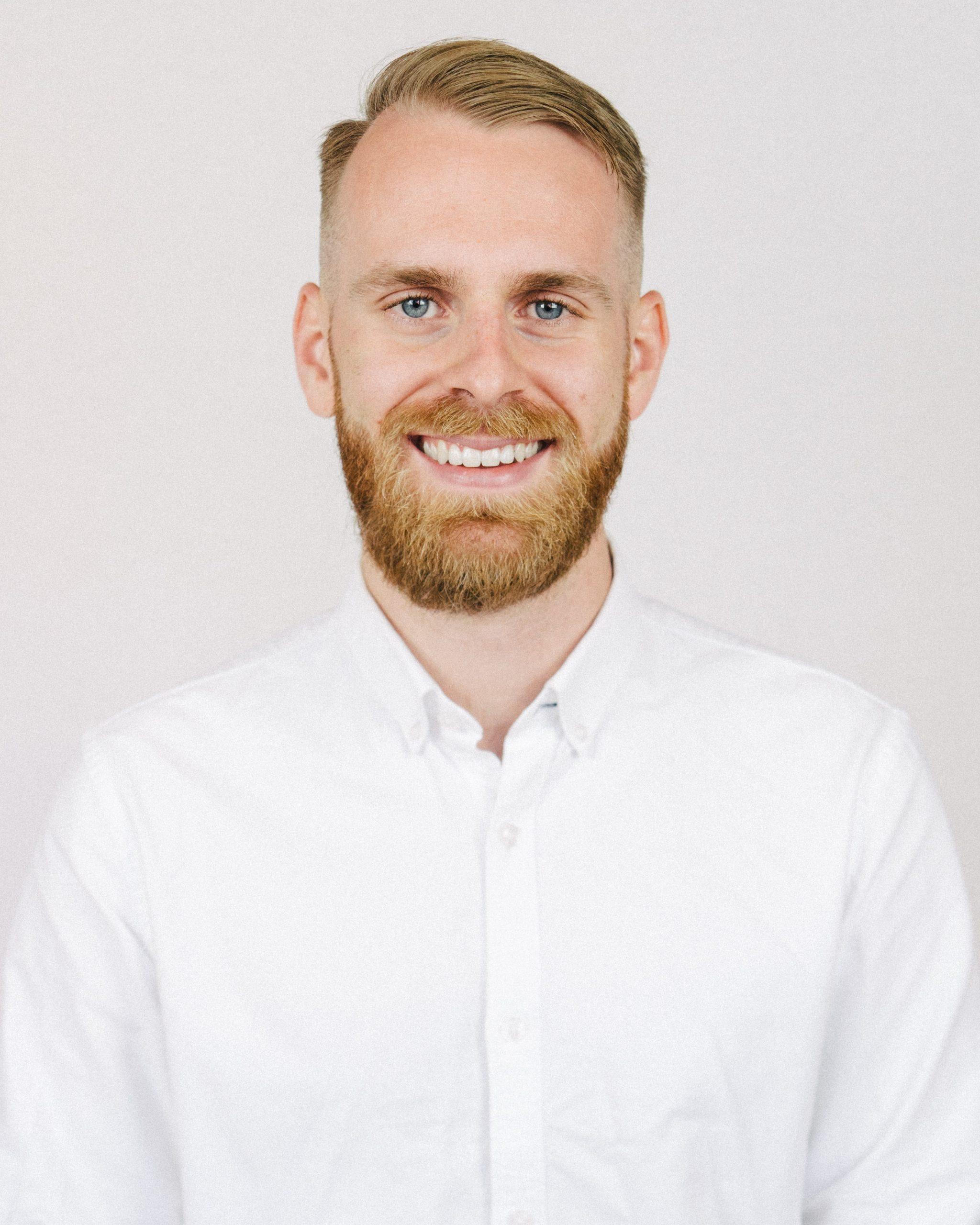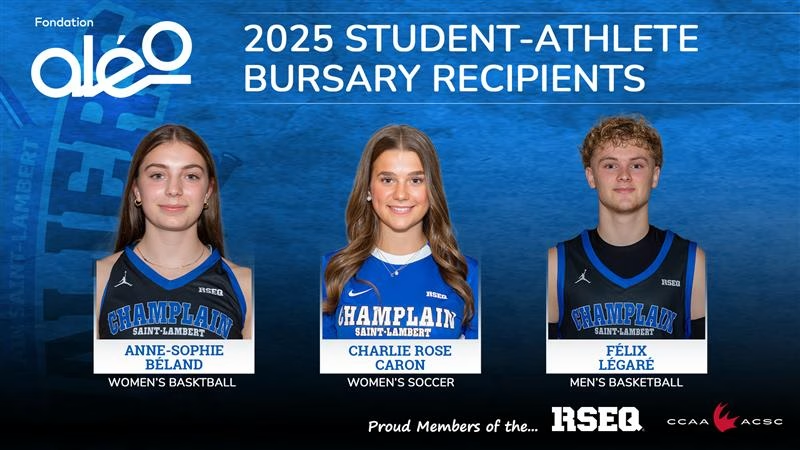Thanks to a startup incubator program called Techstars, a globally recognized brand with approximately a 1% project acceptance rate, Murphy and his co-founder Turbide were able to make connections, benefit from mentorship and secure capital funding.
After launching in 2023, Murphy says the company has backers in Silicon Valley and has scaled to about 850,000 users in two years.
With a background in graphic design and communications, Murphy said his journey to becoming CEO of a tech company was not a straightforward one.
“In sec 4 or 5, I knew I wasn’t going to be taking the math and science route. I was interested in arts. It’s ironic because I’m running an architectural AI company and it’s a bit like a full circle moment. It combines both fields.”
He studied design at Champlain Saint-Lambert and went on to obtain a bachelor’s degree in Communications from Concordia University where he was able to combine his technical experience from Cegep with more theoretical communications.
After graduation, Murphy started working at a digital marketing agency and then at a tech company as the head of commercialization where he learned about the operational side of running a business.
“I always wanted to work in tech and have my own tech company,” he said. “I quickly became very passionate about architecture and tech.”
Now that AI technology has gone through such a boom, Murphy is optimistic about how his company can continue to evolve and expand to meet customers’ needs and expectations.
Murphy’s advice for current students and recent grads: “Curiosity is a huge one. In the age of AI, you can do anything. What’s possible now is not even what’s going to be possible in the near future. We can’t even imagine what tech will look like and what it will enable. So try things, take risks, get hands-on experience with business. Everything is based on relationships. People want to work with people they know and like. I cannot express how important that is.”








